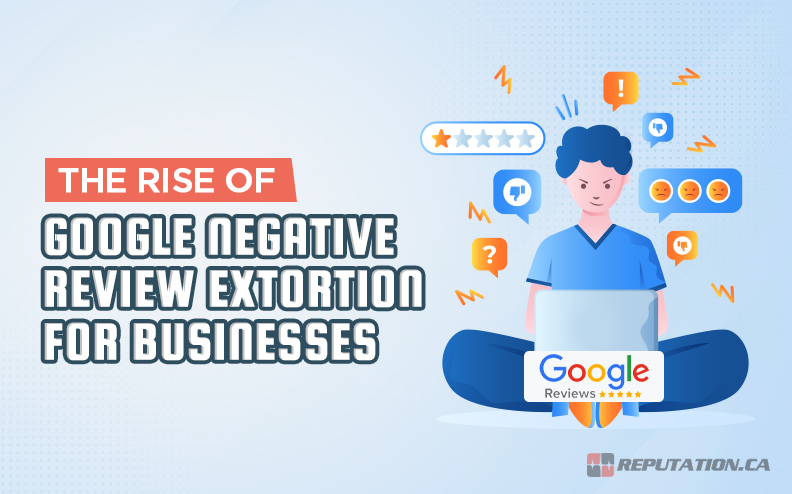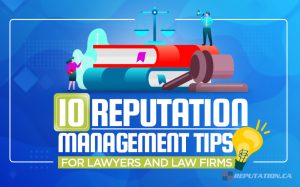It’s no secret that Google is extremely powerful for building and maintaining a business. SEO is critical, but for local businesses, one thing stands out above the rest: Google reviews.
Google puts user reviews at the forefront of their search results for small and local businesses. They’re in the local pack, they’re in the sidebar, they’re on Google Maps; they’re everywhere. They can make or break the opinions of potential customers, and a handful of negative reviews can cause a massive downturn in traffic and customers.
It should be no surprise that this has been weaponized.
Extortion Via Google Reviews
It’s a tale as old as time. “What a nice business you have here. It’d be a shame if something happened to it.”
It all starts with a message. Maybe it’s an email; more often, it’s a text message delivered straight to your smartphone.
“Send me $50 to this Payoneer account, or I’ll be leaving a series of 1-star reviews for your business.”
You might think nothing of it. You might not even notice it if you get a lot of notifications and tend to ignore the ones from numbers you don’t recognize. Heck, your phone might even mark it as spam.
Then, sure enough, the negative reviews start rolling in. At first glance, they might even look legitimate. They’re generic, sure, but they’re close enough that a casual shopper might not be able to tell. That is, if they even care; many potential customers only look at the aggregate ratings and their volume, and don’t bother to read most of the reviews they find.
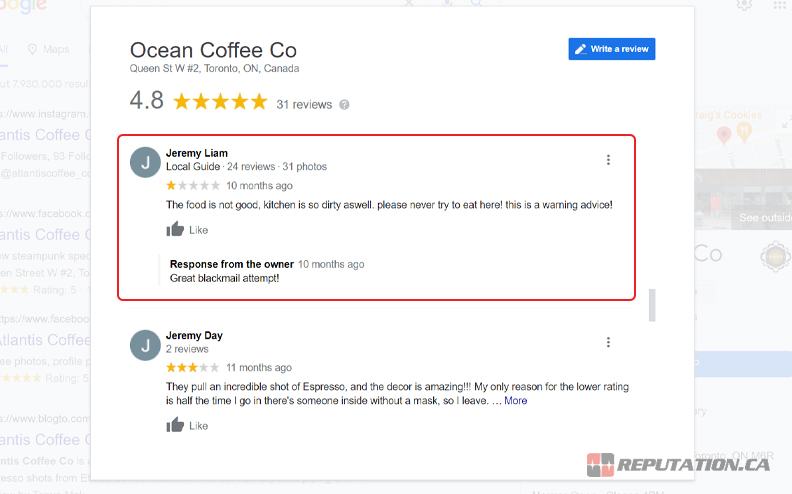
At first, maybe it’s one or two, followed by another threatening text. Or, maybe they launch into their full volume, leaving 10-50 negative reviews a day. Every day, a new text: pay me, and it will stop.
It’s blackmail and extortion. The scammer knows that Google reviews are valuable to your business, and they target you because you’re a vulnerable small business. These kinds of techniques would never work against a larger company like Walmart, of course. They only work against people whose businesses can live or die based on a handful of reviews and whose volume is low enough that profit margins are cutting it very close.
That’s also why the amount they demand is so low. This isn’t ransom money, this isn’t “set for life after one score” money. This is volume money, coupled with a scammer that – most likely – lives in a far-off country with a very low cost of living. They ask for $50 because $50, translated into their currency, is enough to live on for weeks. That, or they ask for $50 because they’re sending out this same message to hundreds of businesses every week, so the volume adds up. Sometimes both.
Your business is at risk. What do you do?
Step 1: Never Engage
The first and most important thing to do, as counter-intuitive as it might seem, is to ignore any and all messages from the scammer. Block their number and any other number they use to try to reach out to you. Never respond to them, no matter what they say or do, what threats they make, or what reviews they leave.
Why?
Think about email spam. In email spam, you often see a lot of sketchy nonsense, right? Subject lines riddled with symbols and typos, messages from “Wall-Maaaart” and “7arget”, stuff that stands out as obviously fake. Why would the spammers do this if they know it’s never going to hook anyone?
Because, that’s the thing: it always hooks someone. Those typos and mistakes are intentional. They exist to filter out people who are too smart to fall for a simple scam. So, the only people who click on those emails are people who are cognitively impaired, elderly, or vulnerable in some way or another and who are more likely to fall for a scam.
It’s extremely predatory, but there’s no easy way to stop it. Google and the other email providers spend a lot of time refining anti-spam measures, but no technological solution can overcome human will.
More importantly, when someone responds, the scammer knows they have a live one on the line, ready to be reeled in.

For extortionate review threats, if you don’t respond, the scammer will move on. They might assume they have a wrong number, or that you’re smart enough to know Google will eventually remove the reviews, or that your business isn’t in precarious-enough a position to be threatened by a few bad reviews.
On the other hand, if you respond, they know you care. They know you might be desperate, you might be worried, you might be closer to paying than someone else. So, they’ll dedicate more time and effort to review-bombing your business.
So, no matter what they threaten you with or what they say, never engage. Never respond. Let them waste their time elsewhere.
Step 2: Report the Reviews
If you receive one of these kinds of messages, chances are pretty good that you’re going to get some negative reviews. The scammer has a whole bot net of fake accounts and spun-content reviews ready to deliver their payloads, and it’s as simple for them as the press of a button. There’s no reason for them not to uphold their threat.
So, shortly after the deadline they set, chances are good that you’ll get a bunch of negative reviews coming in. Sometimes it might be one or two, sometimes it might be 10 or 20. Chances are it will continue for days, as well.
This is scary! And, it’s meant to be. This is the attack, triggered because you didn’t pay. And, now, the threat changes. It’s no longer “pay me $50 to avoid a review attack”; it’s “pay me $200 to clean these up.”
Once again, don’t do it. To borrow a phrase from American pop culture: never negotiate with terrorists.
Your first order of business should be reporting the reviews as fake. After all, they are, and that shouldn’t be difficult to prove. You know they aren’t people who were actual customers. The accounts used to leave the reviews probably have similar profiles of negative reviews for businesses all across the country. The moment Google takes a look at them, it will be obvious that they’re fake reviews, and their accounts will be banned, removing all the reviews they left along the way.
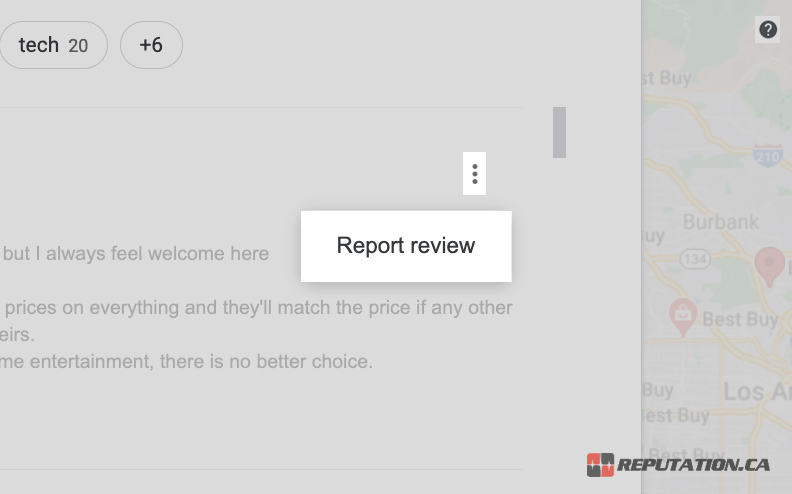
In addition to reporting the reviews yourself, you should try to mobilize friends, family, employees, coworkers, and anyone else you know who wants to support you to do their part to report the reviews. Anyone with a Google account can flag a review as fraudulent, after all.
We produced a step-by-step guide on reporting fraudulent reviews on Google, which you can read here. Simply follow that process.
Unfortunately, Google isn’t a very responsive megacorporation. Not only are they huge enough that a single small business isn’t terribly worth their time, but they’ve also been operating with a skeleton crew for support since the start of the pandemic. This is basically a golden age for scammers.
There are a few other ways you can try to reach out to Google if the reports don’t work. You can fill out their contact form. You can also try to reach out to them via their Facebook or Twitter profiles. It’s possible that they will be more responsive when you can reach out to a real person via their chat systems, but they might also just refer you to the help page for reporting reviews, so it’s a bit of a mixed bag.
Step 3: Respond to Reviews as Fake
Even in the best-case scenario, Google is slow. They aren’t an agile startup; they’re a ponderous colossus. It takes them days, or weeks, to go through their report queue, analyze a situation, and remove fraudulent reviews. In the meantime, every day counts; your business is suffering with every new negative review. The pressure from the scammer is mounting. The price is, probably, rising.
The temptation to pay is always there, but you need to stand firm. Paying only tells them that you’re vulnerable, that you’re willing to pay, and that they can come back in six months and do it all over again.
In the time between when you report the reviews and when Google finally takes action, you’re in damage control mode. Develop a template and respond to all of the reviews.
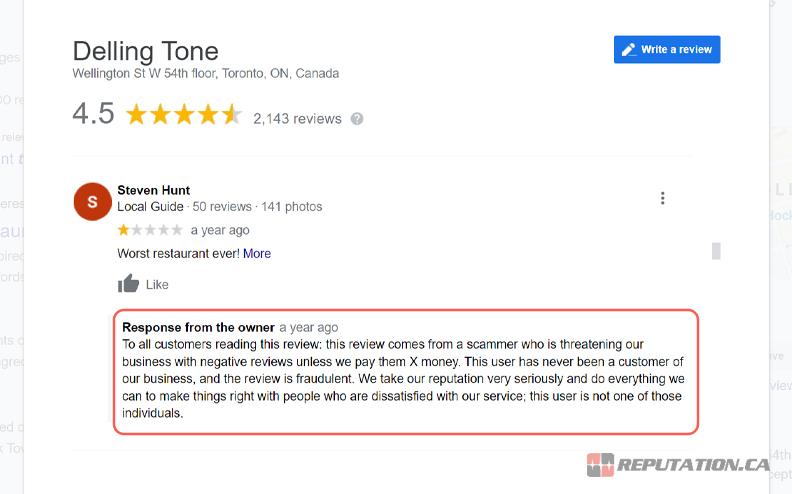
Something like this:
“To all customers reading this review: this review comes from a scammer who is threatening our business with negative reviews unless we pay them X money. This user has never been a customer of our business, and the review is fraudulent. We take our reputation very seriously and do everything we can to make things right with people who are dissatisfied with our service; this user is not one of those individuals.”
Customize something like that according to whatever relevant details you want to convey. The point is, it should be short, to the point, and assure potential customers that the reviews are fake. Since most of these reviews are black 1-star reviews from random users, it shouldn’t be hard to identify the difference between them and any legitimate bad reviews.
Step 4: Consider Other Avenues
There are two other steps you might consider taking.
The first is to contact the police or any relevant authorities. Truthfully, the police aren’t really going to be able to do anything except maybe take a report. Unless the scammer lives in your town, what are they going to do?
Instead, you can consider contacting or filing a report with your local cyber-crime authorities. In the United States, that’s groups like the Internet Crime Complaint Center, the Federal Trade Commission, or the Department of Justice. Sometimes the FBI might also be valid. In Canada, it’s the Canadian Centre for Cyber Security.
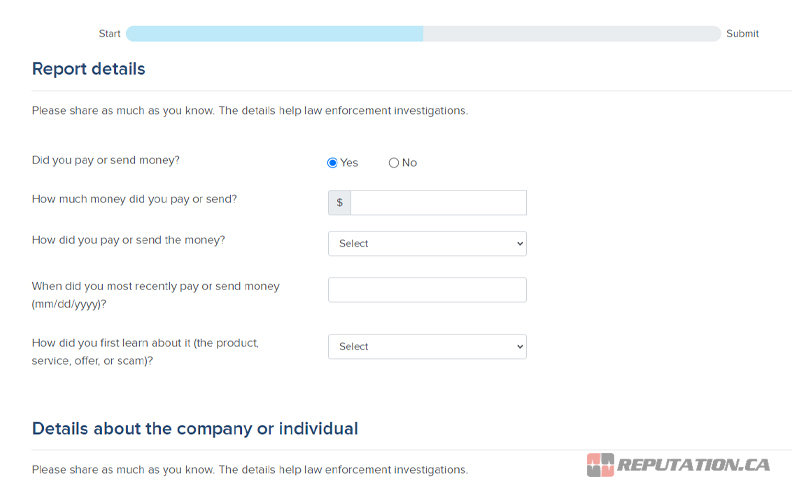
Now, none of these organizations is likely to do anything to help you, at least not personally. Reporting incidents to them does two things. It builds up evidence of trends and behaviors that can be used to track down and arrest the scammers themselves, and it can help build a body of evidence to use to put pressure on Google to implement better anti-fraud features. Unfortunately, neither of those is going to help you in the short term.
The other option is to go back to the original messages received from the scammer and look up the service they use for receiving money, like Payoneer. You can then reach out to that service (for example, here) and report the scammer using their platform for illegal activity. You can hinder the scammer’s plans by reporting their account and, hopefully, getting it banned.
Step 5: Build More Positive Reviews
While these negative reviews are weighing down your business, you can fight them by getting more positive reviews. Use proper solicitation methods to reach out to your existing customers and ask them if they’d be willing to leave a review for your business. You might also be able to mention the extortion and ask for reviews to make up for it, though this may be against Google’s solicitation rules. It’s unfortunately unclear.
More importantly, make sure not to buy fake positive reviews. Fighting fire with fire just makes your entire review profile look fake, and Google could just deactivate the entire account upon analysis. If they don’t, they’ll still audit your review profile and remove anything fake, which leaves you back at square one. On the other hand, if you solicit real reviews, those will stick around after the fact.

If all of this sounds like a ton of work, stress, and time consumption you can’t afford, consider hiring a reputation management firm. Firms like ours can audit and report fake reviews, using connections we have to leverage and get them removed more quickly. We also have established processes for soliciting positive reviews that are proven to work.
Eventually, the scammer will realize that their techniques aren’t working, and they’ll focus their efforts elsewhere. Once that happens, cleaning up your review profile may be tedious, but it won’t be impossible. You’ll be able to recover, as long as you make it through the storm.




